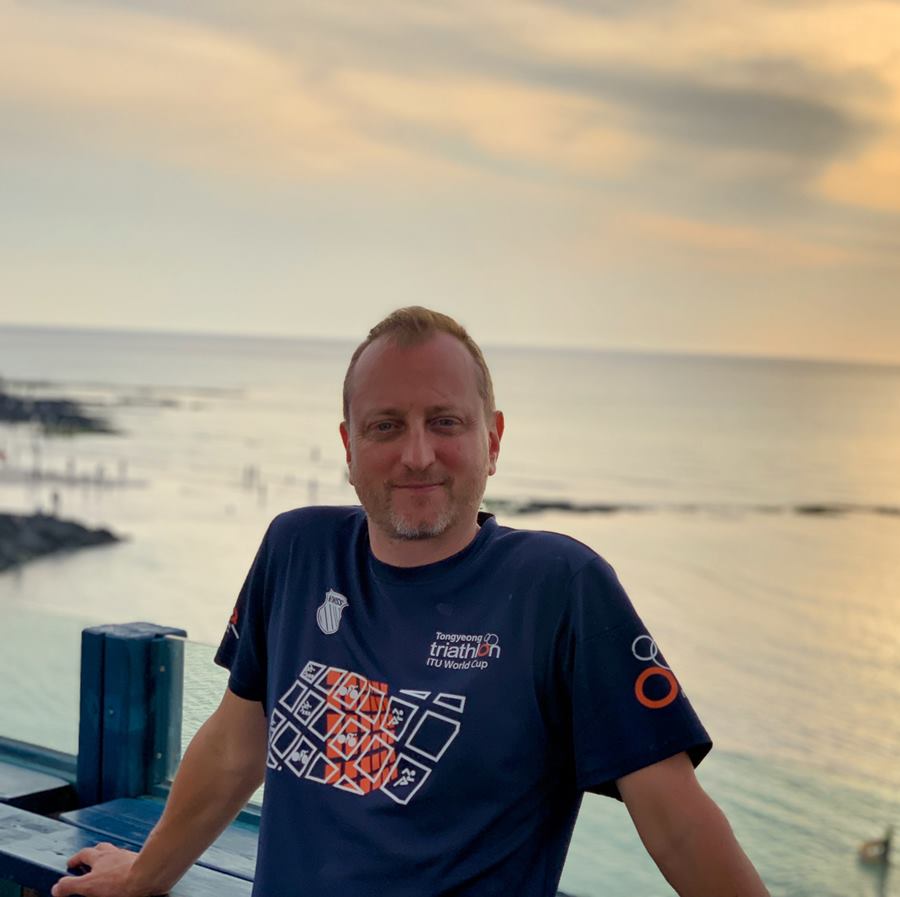Daily Busan
[Column] Living in Busan

Duncan Morris is a British citizen and Associate Professor at Busan University of Foreign Studies. Professor Morris is involved in proofreading the Haeundae, Gijang, and Ulsan English newsletters. He also participated in World Expo 2030 campaign as proofreader of a letter to Korean War Veterans urging them to support the city from a local Busan mayor.
It was
16 years ago that I first came to Korea, and I have been living in Busan all of
those years. Over that time, I have seen Busan transform from a mostly unknown
second-city (for foreign travelers) into a successful tourist spot that is
often the favoured destination for those visiting Korea. It has been inspiring
to see Busan galvanize the city towards winning the World Expo 2030 over the
last year in an all-out push, against some strong rivals.
Prior to coming to Busan, I lived in Brighton, Southeast England, known for its large community of international students who attend the numerous language schools offering ESL classes. So, it was around 2005, several years before I made the jump to Busan that I was first introduced to Korean friends. They were living abroad for the first time in a new country and their curiosity, enthusiasm, great sense of humor, and close-knit friendships were charming. Through these friends I started to learn about Korean culture, language, and food. It was because of these friends (and one – now my wife) I was encouraged to come and teach English in Korea.
In 2007 Busan was not on the radar of many international travelers and I remember scanning the city through Google Earth to try and get a sense of what Busan was like. The change in Busan has been considerable since 2007. Shortly after I arrived, Shinsegae Centum became the largest department store in the world. The skyline has grown ever higher each year, now with giant glass skyscrapers stretching into the sky. Parks have been added to the city, and walking and cycle paths now feature along all the city rivers. In my first year here, there were few places to get a good strong cup of coffee, now the options are endless. International restaurants proliferate alongside the traditional Busan seafood fare. Over the last 10 years international attention for Busan came through culture too. Featuring in the films Train to Busan (2016) then Black Panther (2018), and last year’s Decision to Leave (Park Chan Wook). The Busan International Film Festival is now the biggest film festival in Asia.
I live with my wife and two sons in the Gwangalli area of Busan.
Although the beaches of Busan are famous for summer swimming, they are at their
best at other times of the year – a cold, fresh, sunny autumn day for example
when the crowds are absent. I look
forward to the annual local festivals that cycle round every season. Starting
the year watching the early morning sunrise from the beach with thousands of
people on New Year Day I now consider a great way to start the New Year. Later
in February there is the full moon fire festival (Daeboreum/대보름)to cheer the end of winter with its big beach bonfires. Gwangalli
alone has a spring fishing festival (Eobang/어방축제), numerous music festivals, a
major fireworks festival and now weekly drone shows.
As an expatriate and permanent resident in Korea I feel lucky to have chosen Busan to live in. The people of Busan have been overwhelmingly warm and friendly. My teaching work at BUFS is enjoyable and rewarding. I have had a variety of experiences I wouldn’t have had in my home country – such as several interviews on the local Busan radio station.
Now the winner of the World Expo 2030 has been announced. Although it is disappointing that Busan didn’t clinch the bid for the Expo, it won’t affect the direction of change that Busan is moving in: Modernizing, internationalizing, and rising up through the ranks of best city to live in and visit. It needn’t be necessary to host a world fair to show the world that already Busan is Good.
Contributed by Duncan Morris

